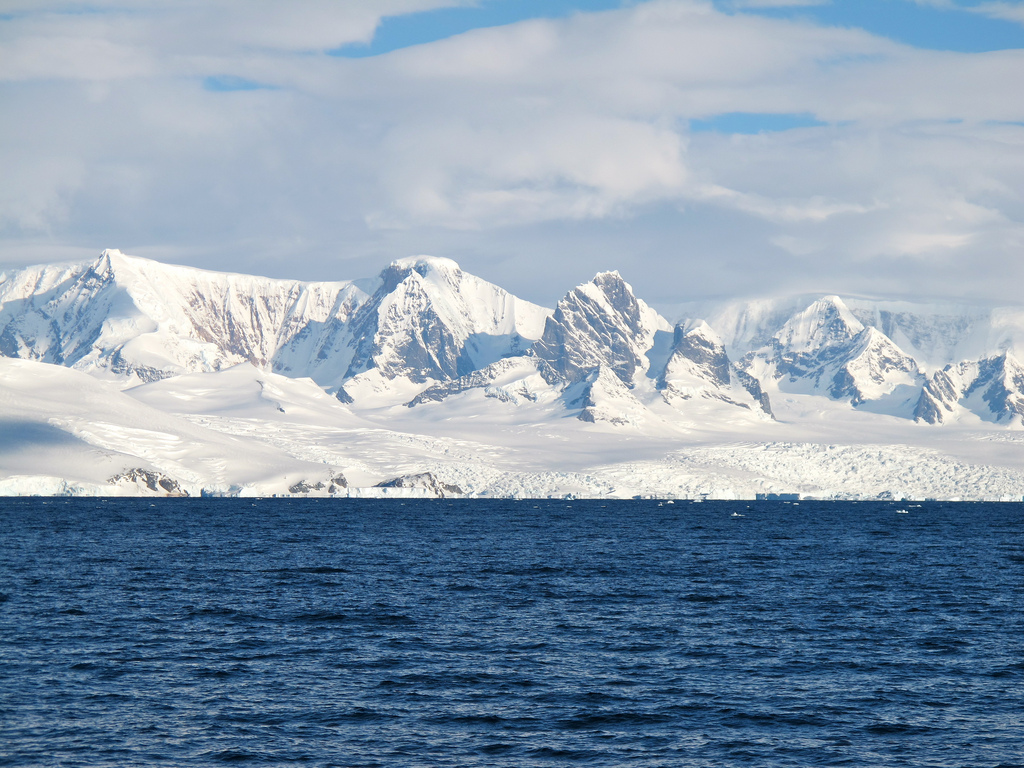
Antarctica, Methane and You
A new study released in Nature suggests that there may be hundreds of billions of tons of methane deposits trapped underneath the Antarctic ice sheets with the potential to be released into the atmosphere. While the methane has lain dormant for years, the study suggests that ice melt caused by increased global warming could allow the gas to escape, spiking global temperatures and creating a feedback loop of continuous warming.
For the laymen among us, why does all this matter? Primarily because methane is a far more dangerous greenhouse gas than carbon dioxide and stores much more heat. Methane is twenty-five times as potent as carbon emissions, which can dramatically worsen global warming. Further, the hundreds of billions of tons of carbon lurking in methane reservoirs below the Antarctic continent absolutely dwarfs the 600 million tons of carbon released through natural methane emissions like wetlands, livestock, and the burning of biomass and agriculture every year.
Although the methane buildup began approximately 30 million years ago (as organic matter trapped underneath the ice was slowly turned into methane gas by bacterial decomposition), scientific study of the methane’s existence only began within the last few years. This analysis has only recently begun to focus on the Antarctic continent, centering earlier on the Arctic Ocean and waters off the coast of eastern Siberia.
The methane thought to be trapped under Antarctica is stored in sediment that is up to eight miles thick in some sections, with thousands of feet of ice layered above. The freezing cold and high pressure of the overlying ice should have transformed the methane gas into deposits known as methane hydrates, which cannot be released into the atmosphere in such a form. However, if the temperature rises significantly and enough ice sheets collapse, there is a possibility the methane could rapidly escape.
In such a scenario, Carolyn Ruppel of the U.S. Geological Survey suggests the release of the billions of tons of methane “could substantially increase the concentration in the atmosphere, [creating] a global greenhouse gas warming event.”
The warming of areas like the Antarctic Peninsula is predicted to act not only as a catalyst for the release of methane, but as a feedback loop as well. The thick layers of sea-ice in Antarctica that extend from the frozen land reflect sunlight rather than absorb it, however as the ice shelves and sheets melt, sunlight (and its heat) is absorbed by the new, darker-colored water instead. This increases the temperature of the surrounding ocean, causing more ice to melt and in turn, more methane released, starting the entire cycle over again. This cycle is one of the reasons that the Arctic has seen such precipitous drop in sea-ice cover over the last decade.
The Earth’s atmospheric methane concentration has already increased by about 150% since 1750, raising concerns about the resulting global warming if the trend continues. Although no firm data has yet been offered regarding the anticipated effect of methane released from the Antarctic landmass, Nature has already made such a prediction regarding the Arctic. The journal suggests that the equivalent of 380 billion tons of carbon dioxide could be released this century if the Arctic warms by about 7.5 degrees Celsius (this includes large quantities of methane). The likelihood however of reaching that temperature remains under debate, and the world would already have suffered through serious warming should that come to pass. Regardless, though the findings on methane hydrate under Antarctica remain incomplete, the comparable amount of trapped methane hydrate alone is cause for concern.
Although lead Nature contributor Dr. Jemma Wadham of the University of Bristol stresses the “theoretical” nature of her team’s findings, the likelihood of a methane build-up under the Antarctic continent is no abstract affair. Without further inquiry into the problem, the earth might strangely enough face rising global temperatures at the hands of one of its coldest regions.







[…] Antarctica, Methane and You […]
[…] Countries greatly affected by this are those with large areas of permafrost lands including the United States, Canada, Russia and China. The report’s conclusions mirror the findings of a similar report in September. […]